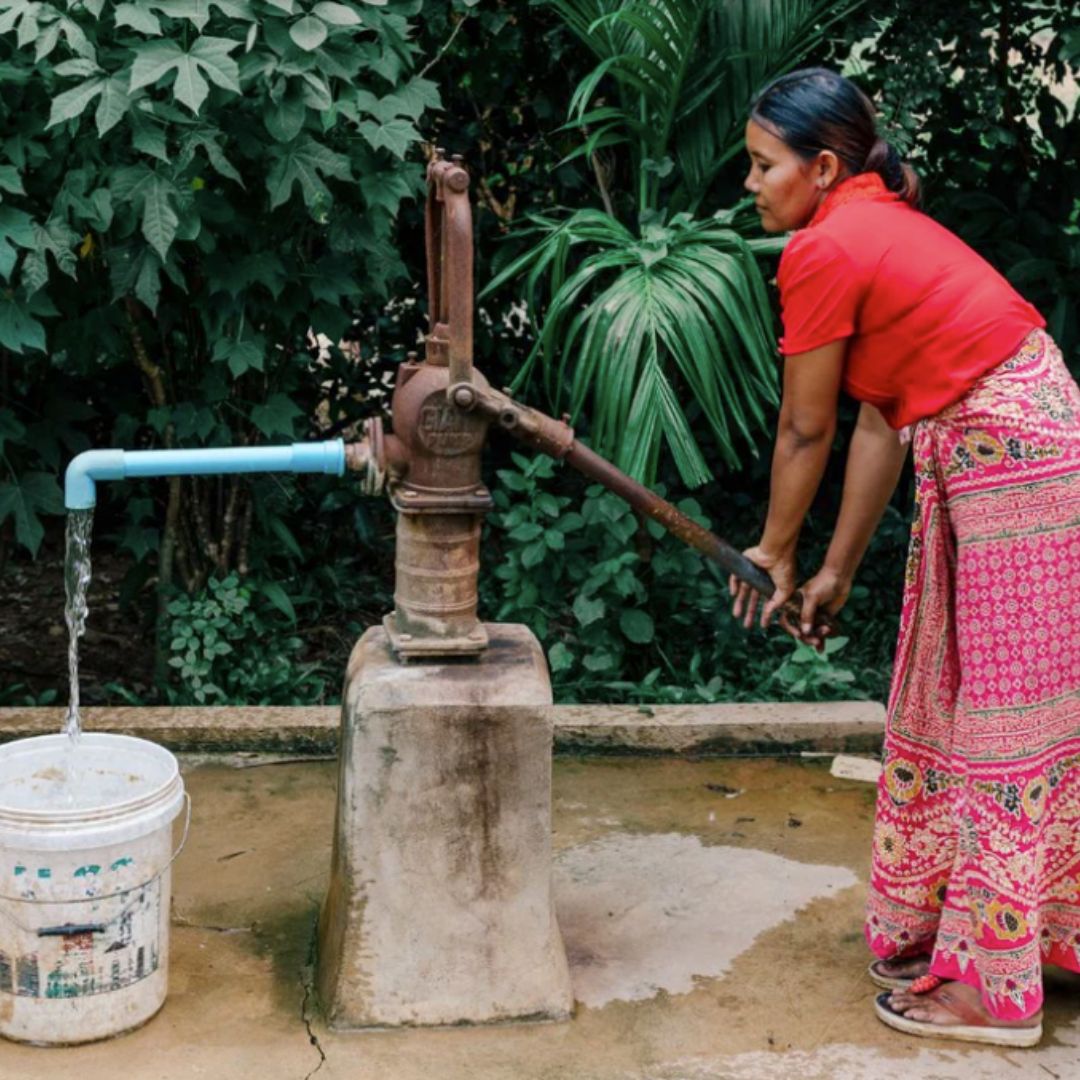What is Fair Trade?
Fair Trade practices put people and the planet first. They help create solutions to issues including the overuse of natural resources, women’s empowerment, refugee livelihoods, human rights, inequality and sustainable farming. Fair Trade Enterprises support organic agriculture, adopt circular economy production processes, generate new models of social enterprise and create new ways to champion the dignity of workers, farmers, artisans and communities around the world.
| Beautyologie is a proud member of Fair Trade L A
|
The 10 Principles of Fair Trade
|
|
1. Create Opportunities for Economically Disadvantaged Producers This means supporting marginalized, small producers, whether these are independent family businesses, associations or co-operatives. Fair trade seeks to move vulnerable producers out from poverty and into a secure income, self-sufficiency and ownership.
|
 |
2. Transparency and Accountability The communication between all parties involved in the supply chain – from the management to the commercial relations – must be transparent, accountable and open.
|
 |
3. Fair Trading Practices An overall unity between organizations and producers is essential, which is consecrated with trust and mutual respect. Maximizing profits at a producer’s expense is not tolerated. Cultural identity and traditional skills are always championed.
|
 |
4. Payment of a Fair Price A fair price is one that has been mutually agreed by all through dialogue and participation which provides fair pay to the producers and can also be sustained by the market, taking into account equal pay for men and women and a Local Living Wage.
|
 |
5. Assuring No Child Labor or Forced Labor The organization must adhere to the United Nations’ Convention on the Rights of the Child, and local law on the employment of children. Any involvement of children in the production of products is disclosed and monitored and does not adversely affect the child’s well-being, security, education and need for play.
|
 |
6. Commitment to Non-Discrimination, Gender Equality, Freedom of Association No discrimination in hiring, compensation, access to training, promotion, termination or retirement based on race, caste, national origin, religion, disability, gender, sexual orientation, union membership, political affiliation, HIV/Aids status or age. The organisation has a clear policy and plan to promote gender equality and respects the right of all employees to form and join trade unions of their choice and to bargain collectively.
|
 |
7. Ensuring Good Working Conditions Providing safe and healthy working conditions for all, working hours and conditions comply with national, local and International Labor Organization’s conventions. Fair Trade organizations are aware of the health and safety conditions of their producer groups.
|
 |
8. Providing Capacity Building Fair trade organizations uplift and foster development among their producers through specific activities to help them improve their management skills, production capabilities and access to markets.
|
 |
9. Promoting Fair Trade Partaking in fair trade practices is not enough. Organizations also raise awareness of the aim of Fair Trade and of the need for greater justice in world trade through Fair Trade. It advocates for the objectives and activities of Fair Trade according to the scope of the organization.
|
 |
10. Respect for the Environment Focus on the use of raw materials from sustainable managed sources and buying locally where possible are top priorities. So are reducing energy consumption and using renewable energy when possible, engaging in organic or low pesticide production methods and working with recycled or easily biodegradable materials for packing and goods despatched by sea wherever possible.
|















